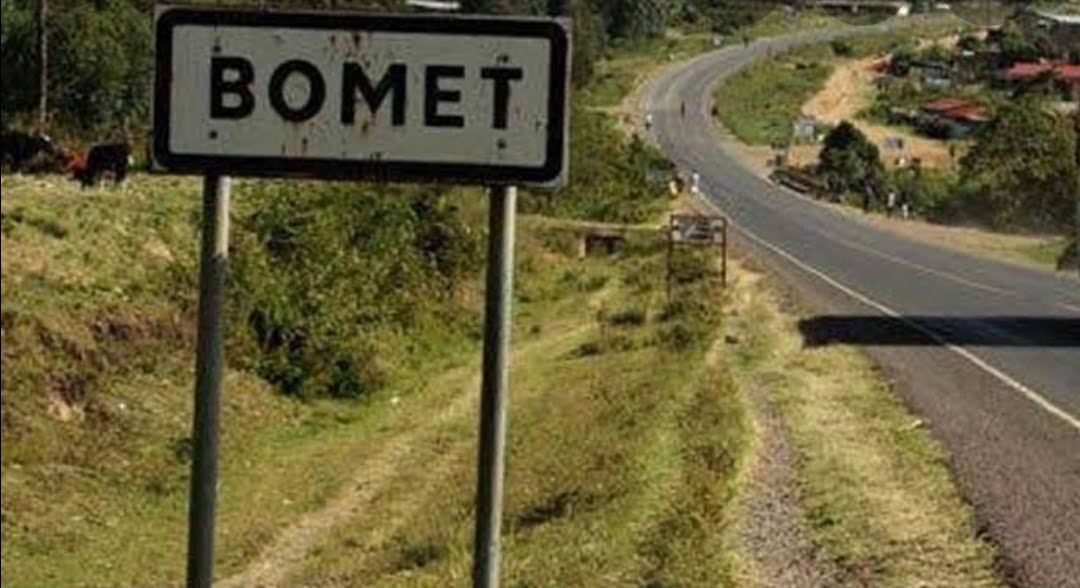Kenya’s export ban on raw macadamia nuts is under scrutiny after China confirmed importing 54 tonnes from the country despite government restrictions.
The announcement has sparked outrage, with questions mounting about how such a shipment left Kenyan shores without detection. Chinese officials revealed the nuts took 30 days to arrive in Hunan Province and were bought directly from an African supplier.
The revelation comes just weeks after the Agriculture and Food Authority (AFA) declared it illegal to export raw macadamias, raising concerns of loopholes, smuggling, or outright complicity from within Kenyan institutions.

Conflicting Reports Over Raw Macadamia Export Ban
The controversy deepened when Du Xiaohui, Director-General of the Department of African Affairs at China’s Ministry of Foreign Affairs, publicly celebrated the arrival of the consignment. He announced that Chinese imports of Kenyan macadamias are expected to hit 2,000 tonnes this year.
This statement directly contradicts the AFA’s official position. On July 18, the regulator reaffirmed that exporting raw macadamia nuts is prohibited under the Crops Act, 2013 and the Crops (Nuts and Oil Crops) Regulations, 2020. The AFA said the ban protects local processors, keeps jobs within the country, and ensures Kenya benefits from value-addition rather than exporting unprocessed goods.
Officials claimed they had intercepted several illegal consignments in recent months. Yet, the shipment to Hunan appears to have sailed through undetected—or worse, with silent approval from powerful figures. The fact that the AFA notice was issued after the nuts had already left for China has only added to the suspicion.
How the Shipment Raises Questions on Enforcement
The confirmed import has triggered a wave of public anger. Many Kenyans on social media accused the government of double-speak, with some alleging corruption in the agricultural export chain.
“How is this possible when they were prohibited?” one user asked. Another queried how Chinese buyers could source macadamias from Kenya when the purchase window was officially closed.
The timeline is troubling. The nuts arrived in Hunan on August 12, meaning they likely left Kenya in early July—possibly before the AFA notice, but still during a period when the ban was in force. This raises the question of whether exporters exploited timing loopholes, falsified documentation, or bribed their way past port inspections.
Export bans are only as strong as the enforcement mechanisms behind them. If a 54-tonne shipment can slip through, what is to stop hundreds more from following?
Possible Smuggling and Collusion
Trade experts say such a large consignment could not leave the country without significant logistical support. The nuts would have required bulk transport, customs clearance, and shipping documentation. That process inevitably involves multiple agencies—port authorities, customs, agriculture inspectors, and freight forwarders.
If all these checks failed to detect the shipment, it points to either systemic incompetence or coordinated collusion. Smuggling raw agricultural products is lucrative because exporters avoid domestic processing costs and sell directly to high-demand foreign markets.
China is one of the world’s largest consumers of macadamia nuts, with demand far outstripping supply. While Kenya’s processors offer farmers competitive prices, foreign buyers often pay more for raw product, creating temptation for both farmers and traders to bypass the legal market.
The arrival of this shipment in China sends a dangerous message—that Kenya’s export controls can be undermined if the right pockets are lined.
Economic Impact and Calls for Accountability
Kenya’s nut processing industry employs thousands and supports an entire value-chain of farmers, shelling plants, and exporters. Allowing raw exports undermines these jobs and deprives the country of revenue from value-added products.
The AFA has repeatedly argued that processed nuts fetch higher prices internationally, boosting Kenya’s foreign exchange earnings. A breach in the ban not only harms the economy but also erodes public trust in trade governance.
Civil society groups are now calling for a parliamentary investigation into the 54-tonne shipment. They want the government to release the names of the exporters, the shipping company, and any officials who signed off on the cargo. Transparency, they argue, is the only way to restore faith in Kenya’s trade enforcement systems.











































